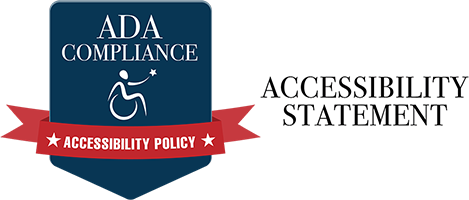Tips & Tricks to Achieving Good Credit

Helpful Tips and Tricks to Achieving and Maintaining Good Credit
There are numerous benefits to having a good credit score. You can get lower interest rates, faster loan approvals pay less overall on large purchases like cars and houses. If you want to improve your credit score or maintain your current score, keep reading!
What Comprises Your Credit Score
Knowing what components comprise your credit score will make it easy to manage. Your credit score includes your amount of debt, payment history, age of credit, credit mix and the most recent credit transactions.
Amount Of Debt
The amount of credit that you use from the amount of credit that is available to you is your debt level. It is advisable to try to keep it under 30 percent. So, if you have a credit line of $5,000, then you should try and restrict your usage to $1,500. Excessive use of credit reflects poorly on your credit score, as it indicates that you are at a high risk of being unable to repay your debt.
Payment History
How quick you repay your loans and bills is vital to your credit score. So, don’t put off paying them. Also, make sure that you pay at least the minimum payment each month. Underpaying will also affect your score and lead to additional charges such as late fees and interest.
If you are the kind who may forget the payment, then it is a good idea to sign up for automatic payments. This will ensure that the bank pays the amount on the specified date.
Age Of Credit
A good payment record and a longer age of credit are essential to maintaining a good credit score. So, don’t close out your old credit cards just because you want to cut back on spending. It will shorten the age of your credit. A long and excellent track record is an indicator that you will maintain it in the future, resulting in a higher credit score.
A sudden surge in new credit can harm your credit score. It puts you at risk of default. This means a higher rate of interest when getting additional credit.
Credit Mix
The credit mix is the different forms of credit that you use. It can be your mortgage, car loan, credit cards, personal loans, or student loans. Depending on the age and the type of credit, each will weight in calculating your credit score.
The typical credit line starts with a student loan and a credit card with a small limit. Later, you might take on more credit in the form of an auto loan, higher credit card limits and a mortgage. The key is to maintain the mix over a long period (with an excellent payment record) to indicate that you are financially responsible.
Most Recent Transactions
Any new credit that you take will impact your credit score. This, in conjunction with your past record, can either be good or bad for your score. If you have a good repayment history, new credit will result in reducing the level of debt and thus improve your rating. If your payment history is erratic, then it will result in a higher interest rate for the new credit line and therefore impact your score negatively.
Credit has become an integral part of adult life. How you manage it reflects on your financial health and future availability of credit.



